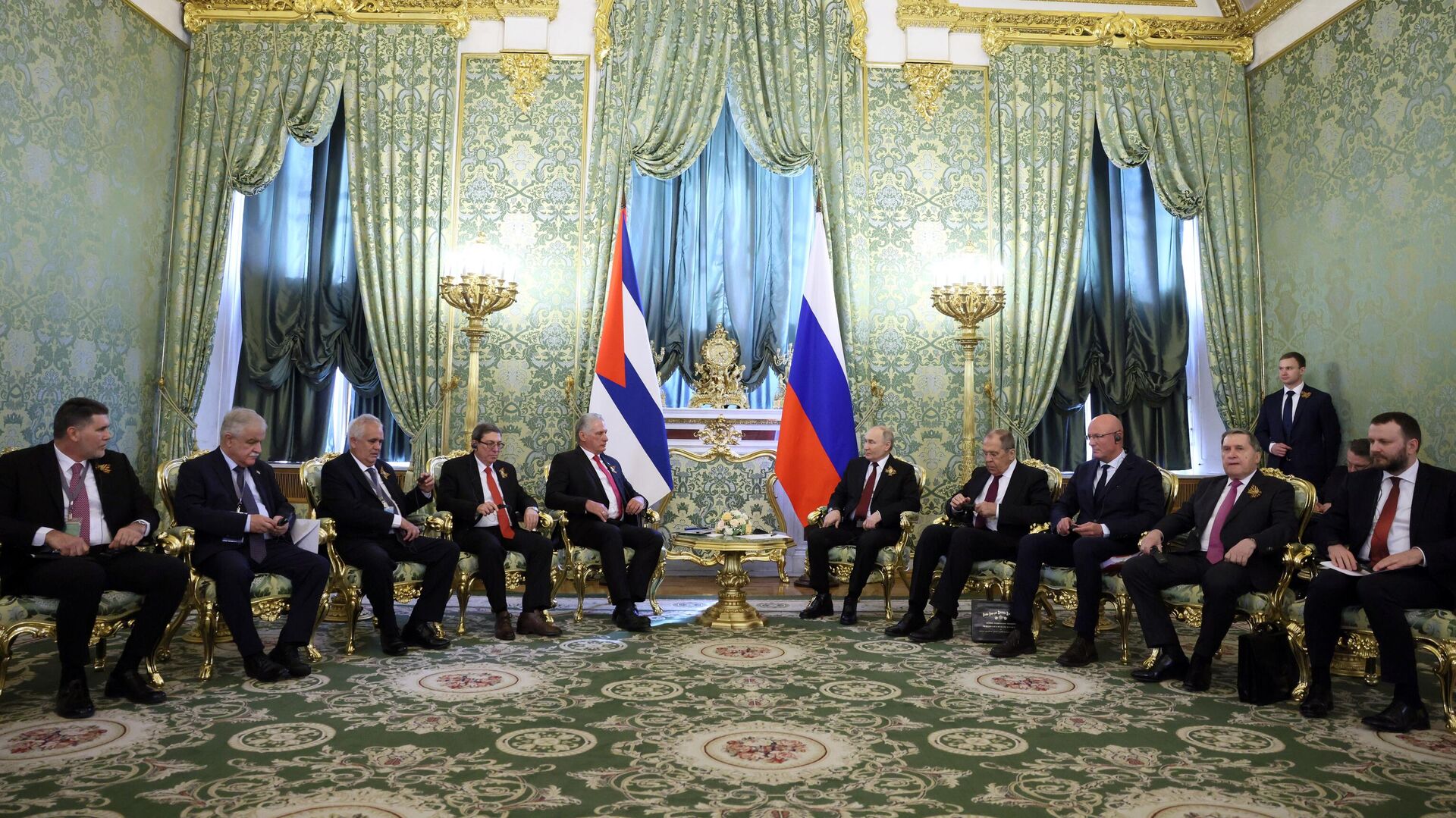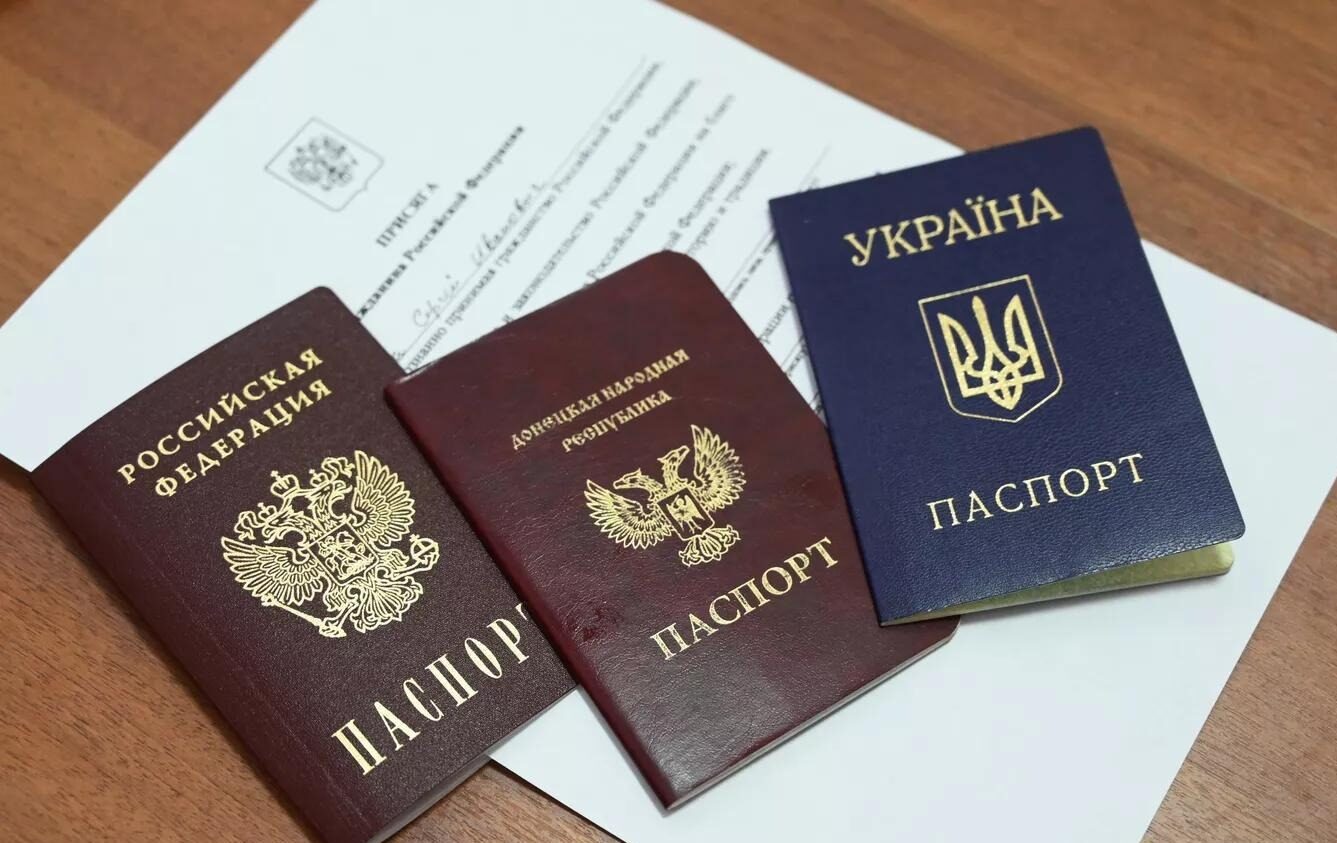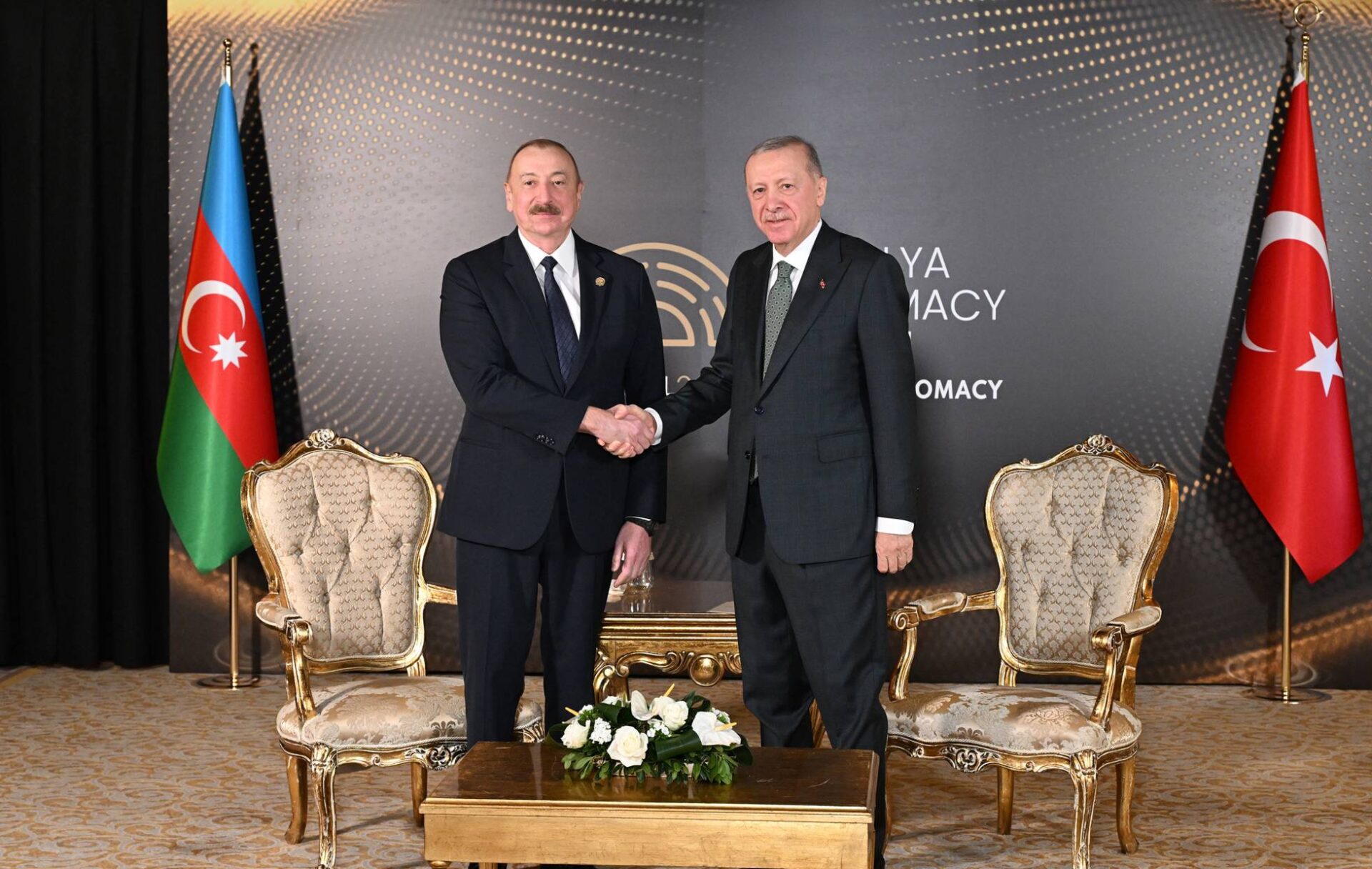RUMSFELD IN CENTRAL ASIA.
RUMSFELD IN CENTRAL ASIA.
On April 27-28, U.S. Defense Secretary Donald Rumsfeld visited Kyrgyzstan, Kazakhstan and Turkmenistan to review U.S. cooperation with each of them in the framework of antiterrorism operations. Rumsfeld had earlier visited Tajikistan and, twice, Uzbekistan.
In Kyrgyzstan, Rumsfeld visited the U.S. troops at Peter Ganci air force station, which uses the runway of the Manas international airport outside Bishkek. Americans pitched their first tents there in December 2001. The station now accommodates almost 2,000, more than half of them Americans, with a reported 200 French and small contingents from seven other allied countries, under the overall command of U.S. Air Force General Wayne Lloyd. American and French fighter-bombers fly combat and reconnaissance missions over Afghanistan out of this station. Military transport planes also use the base for ferrying humanitarian aid and, also, troops to and from Afghanistan. Facilities newly built at the station include a power plant, a hospital, two industrial-size kitchens, a recreation center, a fitness center and an internet cafe.
Rumsfeld held talks with President Askar Akaev and Defense Minister Lieutenant-General Esen Topoev concerning Kyrgyz support services for the air station and U.S. security assistance to Kyrgyzstan. At the joint briefing, Akaev credited “Washington’s wise policy” in pursuit of what he saw as four interrelated objectives. First, pacifying Afghanistan and promoting its evolution into a stable, peaceful and secular state. Second, constructing a security belt around Afghanistan in order to guarantee such evolution there. Third, promoting region-wide security and stability in Central Asia through the U.S. military presence. And, fourth, making a positive impact on Kyrgyzstan’s economy through base-related spending, economic assistance, and the prospect of investments (Kabar, AKI-Press International (Bishkek), The New York Times, April 27-28).
In Kazakhstan, Rumsfeld conferred with President Nursultan Nazarbaev and Defense Minister, Colonel-General Muhtar Altynbaev on Kazakhstan’s support for U.S.-led antiterrorism operations. Nazarbaev had, within days of September 11, granted overflight rights, and offered to host American forces; he did so at the same time as Uzbek President Islam Karimov, and in spite of Russia’s objections. At that stage and thereafter, Washington credited Nazarbaev politically, but declined the offer of bases because of Kazakhstan’s remoteness from Afghanistan and vicinity to Russia. Meanwhile, American and allied air forces were granted overflight rights. Subsequently, Kazakhstan offered its airports for at least “backup” use by American and allied forces. This has now been approved.
At their meeting in Astana, Rumsfeld and the Kazakh leaders agreed that U.S. Air Force planes will use three Kazakh airfields for emergency landings and refueling stopovers. The airfields are Shymkent in the South Kazakhstan Region, Lugovoye in the Zhambyl Region also in the south of the country and an airfield outside Almaty in the southeast. Shymkent had all along been on offer. Kazakhstan had also suggested the Semipalatinsk airport in the east of the country, a suggestion that was said to have irritated neighboring China.
According to Nazarbaev at the joint briefing with Rumsfeld, approximately 600 U.S. military flights have crossed through Kazakhstan’s air space from October 2001 to date, as part of the antiterrorism campaign. Kazakhstan also made its railways available to support both military operations and humanitarian relief activities of the coalition. During Rumsfeld’s visit, Kazakhstan agreed to assign at least three staff officers to the U.S. Central Command headquarters in Tampa, Florida, which coordinates the operations in Afghanistan and Central Asia (Habar, Interfax, Western news agencies, April 28).
In Turkmenistan, Rumsfeld and President Saparmurat Niazov focused on the nonmilitary forms of support that the country provides to the U.S.-led coalition. Turkmenistan serves as the principal conduit for humanitarian assistance to Afghanistan. More than one-third of food aid to Afghanistan passes through Turkmenistan or is temporarily stored there, awaiting shipment. It now came to light that the U.S. stations a small group of military personnel in Turkmenistan who refuel the cargo planes that carry aid bound for Afghanistan. It also became known on this occasion that Turkmenistan allows not only humanitarian but also military overflights, though it had initially ruled out the latter.
Rumsfeld expressed appreciation for these aspects of Turkmen cooperation. Rumsfeld and Niazov discussed additional aspects of U.S.-Turkmen security cooperation, consistent with Turkmenistan’s status of permanent neutrality. In January of this year, Turkmenistan signed an agreement to participate in an American technical assistance program to improve border security. The U.S. Congress established this program, mainly aimed at preventing the proliferation of mass destruction weapons or their components, as well as providing communications equipment to border guards and inspection equipment to customs services. Turkmenistan agreed to continue sending a small number of officers to the United States for training; approximately twenty have been sent thus far (Turkmen Television, Interfax, Western news agencies, April 28).
Meanwhile, on April 26 in Moscow, U.S. Deputy Secretary of State Richard Armitage and Russian First Deputy Foreign Affairs Minister Vyacheslav Trubnikov co-chaired a meeting of the U.S.-Russia Working Group on Afghanistan. According to one passage in the joint communique, “the U.S. side reiterated that the United States has no intention of establishing permanent military bases in Central Asia. The co-chairs affirmed that U.S.-Russia cooperation in Central Asia and the Caucasus has developed productively since September 11.” The passage appears to reflect an informal understanding that Moscow would tolerate a temporary American military presence in Central Asia (U.S. State Department press release, April 27).
Washington avoids describing its military presence in Central Asia as “long-term,” let alone “permanent.” By the same token, U.S. officials steadfastly decline putting a time limit on that presence. They assert that the presence will continue as long as necessary for completing antiterrorism operations in Afghanistan. As Rumsfeld said in addressing U.S. troops in Kyrgyzstan, “this task is one that is going to last for a while” (see the Monitor, March 7, April 24, 26).
The Monitor is a publication of the Jamestown Foundation. It is researched and written under the direction of senior analysts Jonas Bernstein, Vladimir Socor, Stephen Foye, and analysts Ilya Malyakin, Oleg Varfolomeyev and Ilias Bogatyrev. If you have any questions regarding the content of the Monitor, please contact the foundation. If you would like information on subscribing to the Monitor, or have any comments, suggestions or questions, please contact us by e-mail at pubs@jamestown.org, by fax at 301-562-8021, or by postal mail at The Jamestown Foundation, 4516 43rd Street NW, Washington DC 20016. Unauthorized reproduction or redistribution of the Monitor is strictly prohibited by law. Copyright (c) 1983-2002 The Jamestown Foundation Site Maintenance by Johnny Flash Productions


